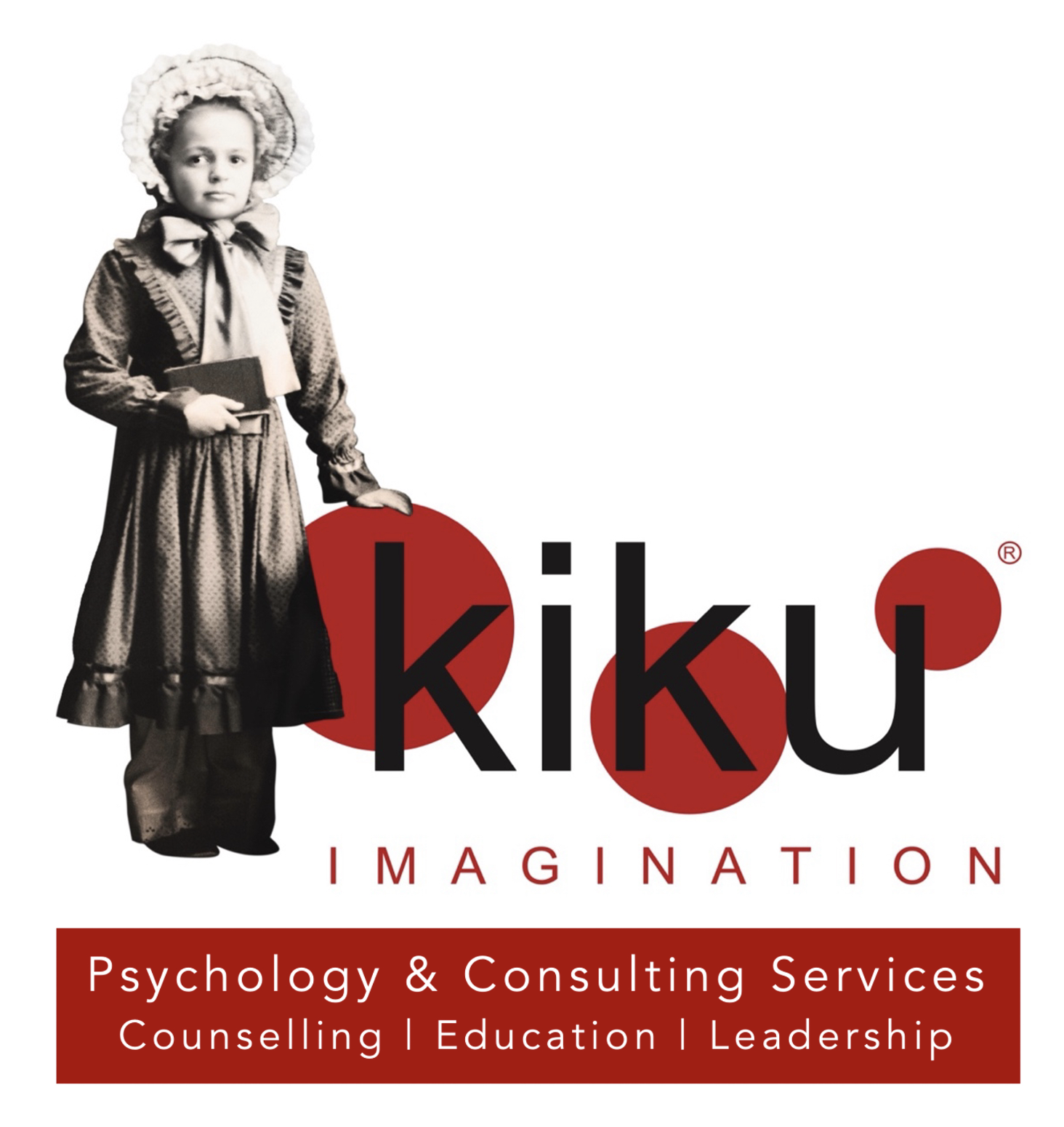Appreciative Dialogue (ApDi) Therapy Program
The Appreciative Dialogue (ApDi) Therapy Program has been designed for Mental Health Professionals and Coaches alike to assists individuals strengthen their sense of self and pursue what is meaningful to them while dealing with the challenges they encounter along the way. It incorporates the five core principles of Appreciative Inquiry as well as cognitive-behavioural, solution-focussed, and existential techniques.
The entire ApDi Therapy Program concentrates on strengthening a person’s confidence and self-assurance around what can be accomplished by challenging the notion of failure and co-creating realistic and achievable situations.
The driving elements of the ApDi process include Conversation, Question, Imagery, Action and are supported by the five Core Principles of Appreciative Inquiry (AI): Poetic, Simultaneity, Anticipatory, Positive, and Constructionist principles.
The ApDi Framework is reinforced by a psychological structure incorporating an existential, solution focused, and cognitive-behavioural approach geared towards identifying a person’s core beliefs and how these beliefs generate and fuel self-doubt and low self-esteem.
ApDi generates thought-provoking questions that stimulate a healthy and achievable outlook; creates imagery that sets the desired direction; and promotes and supports behaviours that strengthen perseverance and maintain motivation. As a person’s focus shifts away from a preoccupation with the fear of failure to inspired positive action, the desired outcome is seen as more achievable than previously believed and provides a resourceful and liberating way to work through self-doubt while, at the same time, strengthening resilience.
-
“Good conversations appreciate with time.”
Every conversation shared throughout the Appreciative Dialogue (ApDi) process is underpinned by the understanding that what we focus on becomes our reality. This is a crucial point from the outset as it is often the case that a person will attend the first counselling session with an unclear outlook fuelled by negative images that have emerged through limiting beliefs, self-doubt, or low self-esteem. One of the main aims of Appreciative Dialogue (ApDi) is to restore motivation, especially as motivation becomes the focus early on in the first conversation. Motivation is the manifestation of what is meaningful which gives us the why to what we do – it provides positive images replete with meaning.
-
“We are influenced in some way by the questions we contemplate.”
What we contemplate, explore, discuss, discover, and learn are implied in a question. This is a key concept that continuously shapes the nature and direction of the conversation and the creation of images.
-
“We are who we imagine ourselves to be.”
Our imagination is what allows us to see solutions. We often imagine into the future as a guide to the actions we take today. This is no less the case when we inadvertently conjure negative images based on unwanted experiences such as failing an exam or receiving a poor work performance assessment when we have seemingly tried our best. If we were to be guided by these negative images, we would move into a future that we may believe we deserve further perpetuating a personal myth that we are not deserving of something better, something we hold as truly meaningful. The Appreciative Dialogue (ApDi) program works through developing and ‘stepping into’ welcomed images with a main emphasis on a desired future.
-
“Our goals are as achievable as the actions we take toward them.”
Attending a counselling session is no small feat as it is not an experience anyone wants to immerse themselves in or feel stigmatised by. However, courage is fear transformed and this is no less the case when a person decides to work through challenges within a counselling context. Taking this type of action as an attempt to move on from self-doubt or low self-esteem is one that can change the course of a person’s life in the short and long term. It also provides a way of knowing how to build resilience and use what has been learned as a transferable life skill. Action brings what has been imagined to life!


